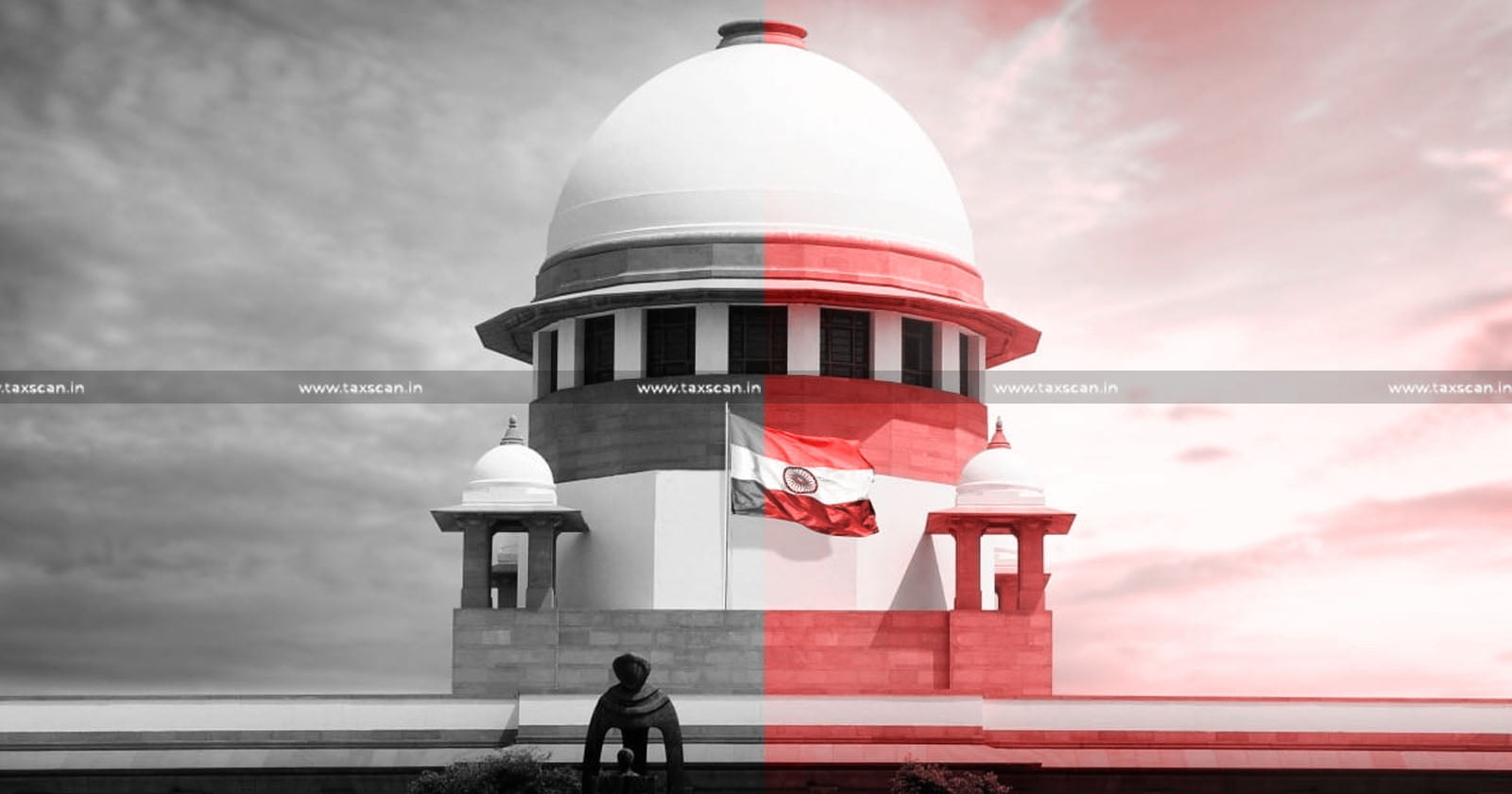Inquiry Pending for 5 years due to Non-appearance for Summons u/s 70 of CGST Act: Supreme Court grants Opportunity to Appear before Concerned Authorities [Read Judgment]

Inquiry Pending – Non-appearance for Summons- CGST Act – Supreme Court grants Opportunity to Appear – Concerned Authorities – TAXSCAN
Inquiry Pending – Non-appearance for Summons- CGST Act – Supreme Court grants Opportunity to Appear – Concerned Authorities – TAXSCAN
A Division Bench comprising Justice J.B. Pardiwala and Justice Prashant Kumar Mishra of the Supreme Court ruled granted one more opportunity to the respondent-assessee to appear before the concerned authorities for the interrogation.
The bench observed that though the inquiry was pending for 5 years due to non-appearance for the summons issued under Section 70 of the Central Goods and Services Tax Act (CGST), 2017, the supreme court was inclined to grant such relief.
The respondents M/s. Iyer Enterprise Mundra Kutch were served a summons under Section 145 of the Central Excise Act, 1944, which was made applicable to the service tax through Section 83 of the Finance Act, 1994, and Section 70 of the CGST Act. The summons required them to be present for interrogation in relation to an inquiry.
The Section 70 of the CGST Act 2017 stipulates the provision concerning the authority of an officer to summon any individual to produce evidence in the form of documents related to a particular matter.
The concerned authority seeks to question the respondents regarding their alleged involvement in evading Goods and Service Tax liability or contravening the provisions of the Finance Act and CGST Act.
Given the facts, the petitioner filed two writ applications with the High Court, specifically a Special Criminal Application. The High Court then denied the petition after directing the authorities to wrap up the investigation within 8 weeks. The State, however, appealed the High Court's decision to the Supreme Court because it was dissatisfied with it.
The State of Gujarat's Counsel highlighted that fourteen summons have been issued to one of the respondents, but only one instance occurred where the respondent appeared for interrogation.
Also stated that, it’s been 5 years that the inquiry is still pending. He further submitted that it is only after the respondents are interrogated, that the department will be able to ascertain whether there is any evasion or not and on the basis of which the future course of action like filing of complaint etc., would be decided.
The counsel also stated that “We are not convinced with the manner in which the High Court has disposed of both the writ applications filed by the respondents. It was expected of the respondents to honour the summons and appear before the authority for the purpose of interrogation.”
The High Court in its common order stated that “Petitioners shall appear on or before 11/01/2019 before the concerned Police Station.” However, the Supreme Court disposed of the case in favour of the respondent on the condition that he shall appear before the authorities. Otherwise, the authorities may continue with the issue in accordance with law.
To Read the full text of the Order CLICK HERE
Support our journalism by subscribing to Taxscan premium. Follow us on Telegram for quick updates


